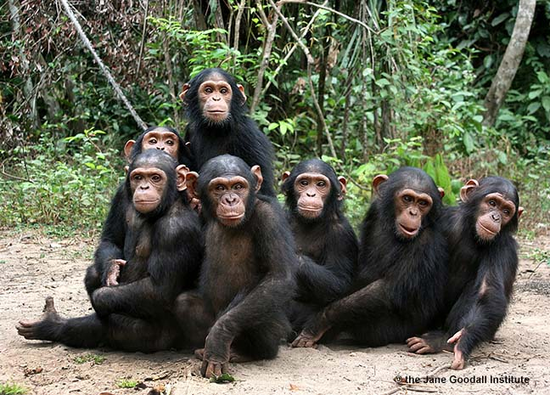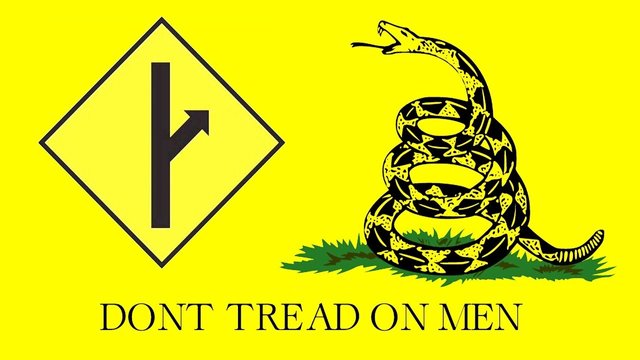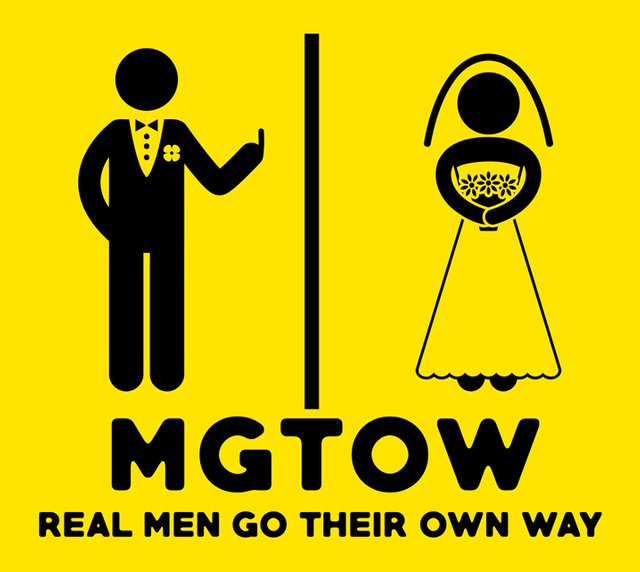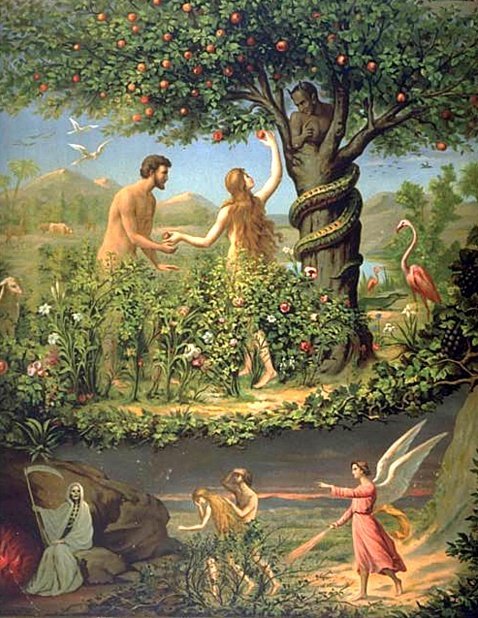The Bible Decoded Part 3: Temptation and The Origional Sin

(The Clever and Subtle One)
The Serpent’s proposition was too sweet to resist. Sure, we’d been forbidden by our creator to eat the one fruit that would do us harm, but when’s the last time you’ve lost interest in anything you were forbidden to do? For better or for worse, curiosity is a deeply human proclivity, and the Serpent knows just how to play with it.
“For God doth know that on the day ye eat thereof, then your eyes shall be opened, and ye shall be as gods, knowing Good and Evil” Eve’s response was, and I’m paraphrasing here; “Well, sign me up for that”, as she took of the fruit, and shared with her husband, and they ate.
“Their eyes were opened, and they knew that they were naked”.
Now there’s a lot happening archetypally here in just these few short lines so we’ll have to delve a bit deeper. “…and they knew that they were naked” is the introduction of self-consciousness into the human experience. To know one’s nakedness is the recognition of one’s inherent vulnerability, both biological and social. It’s to recognize one’s mortality, the knowledge that one day, we must all die. It’s to have one’s self evident inadequacies revealed, and to realize the possibility of those inadequacies to be revealed to the greater world.

(A smaller image, for the faint of heart)
After all, anyone who’s had a dream of being seen naked in front of a crowd knows this isn’t a pleasant or stimulating fantasy, it’s terrifying. We humans are exposed, upright creatures. All of our most sensitive organs are up front, bared to the elements, as opposed to say canines, who walk on all fours.
Now, why is it that the Serpent is the one that presents this fruit to mankind, and why is Eve the first one to consort with him? Well, here’s an interesting theory. Lynne Isbell, an anthropologist at the university of California, Davis, discovered that primates developed such extraordinary vision (the best among mammals by a wide margin, with humans the best among them) to detect the presence of snakes. In any geographical area, there was a direct correlation between primate visual capacity, and the population of snakes. Vision is closely tied to cognitive functioning, so it could’ve easily been the case that homo-sapiens evolved the ability to think as a way of ‘seeing’ in the abstract. (what else could thinking be?)

(With 98% of our DNA in common, we’re more alike than you might think)
So, perhaps it was the Serpent, or what the Serpent represents, (danger, threat) that caused us to recognize that we’re vulnerable, and ultimately, mortal. And perhaps Eve, the archetypal human female, was the first to notice the snake, and her own vulnerability, because biologically, women do tend to be more fragile than males.
This is particularly the case when a woman has offspring. The onus of responsibility rests squarely upon her to ensure its survival. Biologically speaking, once a man impregnates a woman, his work is done. He’s under no obligation to then stick around, let alone protect that child, and might find it in his interest to do just the opposite. This happens far too often for us sugarcoat things, or pretend this isn’t the case. So, it’s likely that Eve is first temped by the fruit because of the greater weight of responsibility placed upon her to care for the next generation of humanity.
This analysis dispels the claim that the reason Eve eats of the fruit first is because she is (and by extension all women are) some sort of evil temptress hell-bent on deceiving mankind into sin, a rather shallow, yet common misinterpretation among religious fundamentalists, and many atheists, for that matter.
Now, what about the knowledge of Good and Evil? How does this tie in? Well, that’s very simple. Once you know how you can be hurt, (and indeed, killed) you’re also aware of how others can be hurt, and how you can use that knowledge to your advantage. You’re now presented with a choice. Should you use that to your advantage? Should you hurt others, and worsen the suffering already intrinsic to human experience for your own personal gain? Well, that depends on what kind of person you are, and how seriously you take your own morality. That’s the knowledge of Good and Evil, something that animals, because they lack sufficient self-awareness, don’t have.
And that’s only about a paragraph into Genesis 3. So, with their newfound self-awareness, Adam and Eve clothe themselves, and hid from God. Because, of course they did. To see how precarious and insufficient a creature you are, the most natural response is to hide yourself away. The Creator of the Universe was not happy at all to find out what we had done, and Adam, in true male form, blames the woman for his own mistake.
This is a brief moment of levity (it actually made me laugh) from the severity of the text, at least for me, but it’s also a warning. Men who become self conscious and recognize their inadequacies often arrive at that point because of their interactions with women. This challenge, if not handled properly, can quickly cause men to become resentful of women, and blame them for defeating their self esteem. Men like this choose to avoid women, and condemn the opposite sex for their impropriety, among all the other problems they face in their lives. This is a pathological refusal of the responsibility to grow up and develop oneself, and the exact one I see germinating among men in the budding MGTOW movement. But that’s a discussion for another time.

(As you can see, these gents would rather go towards the snakes. Or perhaps they are them?)

(Sure, but why is he still wearing a Tux?)
Yet again however, the insistence that the Bible is a sexist document geared towards advocating the superiority of men just doesn’t jive, and is usually promoted among those that likely haven’t spent ten minutes with the text. The Bible, in fact, does almost nothing but outline the failings and catastrophes of men.
Nonetheless, God condemns humanity for this sin, and lays curses upon both sexes. A few lines stand out to me in particular.
“…cursed is the ground for thy sake, and in sorrow shalt thou eat of it…”
“In the sweat of thy brow shalt thou eat bread, till thou return to the ground, for out of it thou wast taken…”
I know, pretty harsh, but not untrue. With the knowledge of vulnerability and imminent death, we must eat by the sweat of our brows to survive, we must sacrifice to live, and we must work. Yet nonetheless, while work can forestall suffering and death, it cannot prevent them…
To the ground we must all return.
“And the Lord God said, Behold, the man is become as one of us, now lest he put forth his hand and also take of the tree of life, and eat, and live for ever.”
“So he drove out the man, and he placed at the East of the Garden of Eden, Cheribums and a flaming sword which turned every way to keep the way of the tree of life.”
In common speech, God kicks Adam and his wife out from paradise, and locks the door behind him, placing an angel with a flaming sword to bar reentry on his way out.

(Beautiful illustration of Genesis 3. Mankind taking of the tree from the Serpent, then being cast out by the angel, flaming blade in hand, towards Death.)
And that concludes Genesis three. The stage has been set, with mankind no longer sheltered in the bosom of paradise, with nowhere else to go, humanity must now learn to fend for itself.